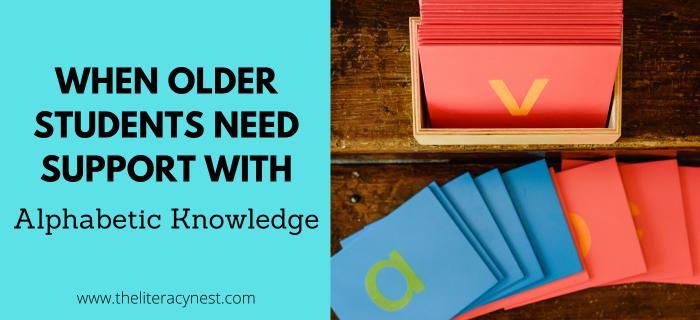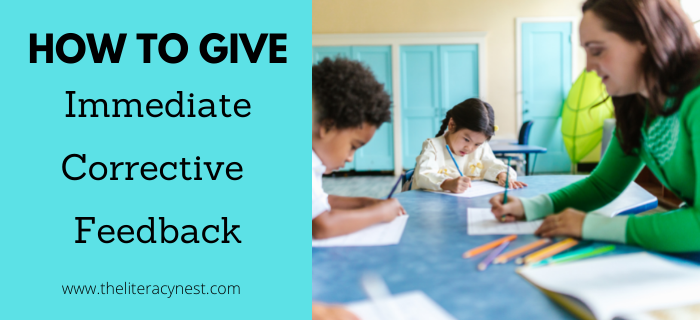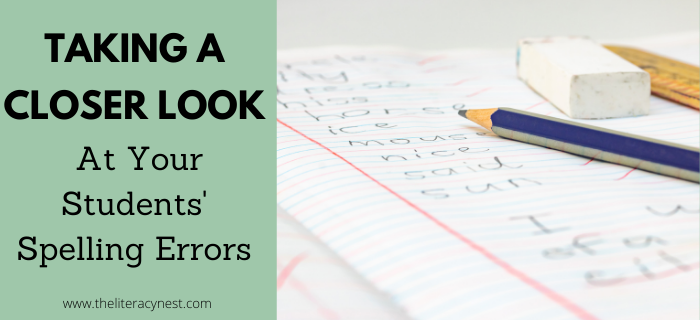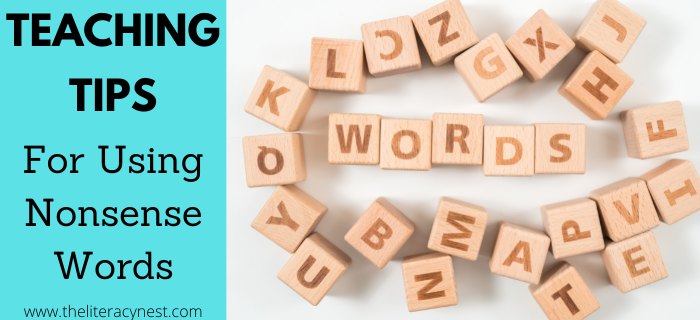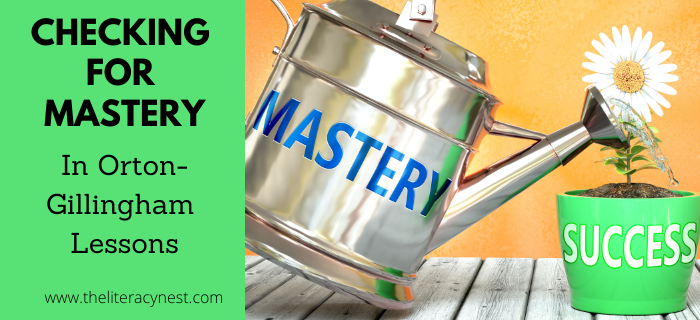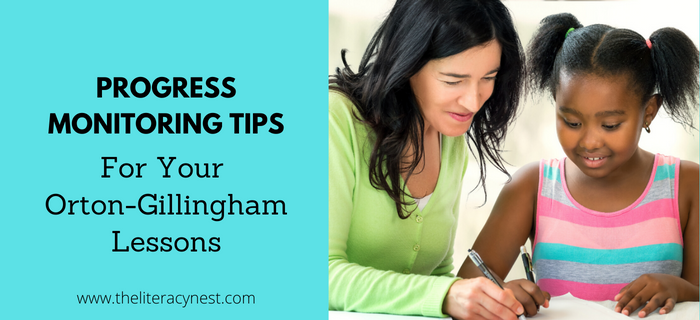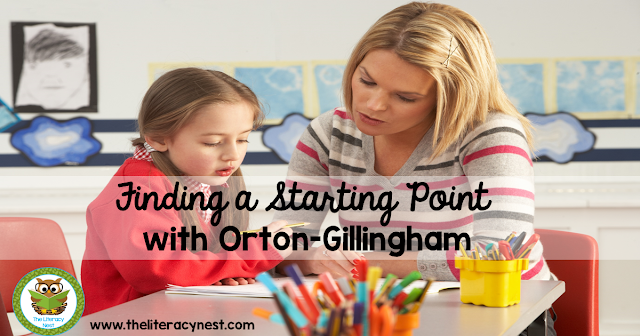Top Books for Dyslexia Advocacy and Assessment
Parenting a child with dyslexia means wearing many hats. You may become an expert in dyslexia, interventions, special education laws and procedures, accommodations, and assessments. A good bibliography to refer to is priceless. These books are some of the best, most current, and most accessible books for dyslexia advocacy and assessment. Learn more about advocacy!…


